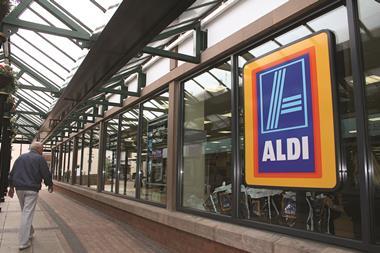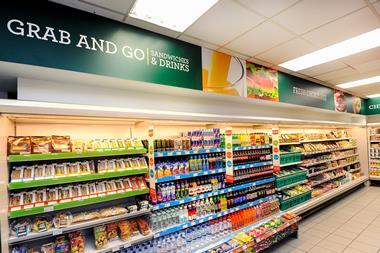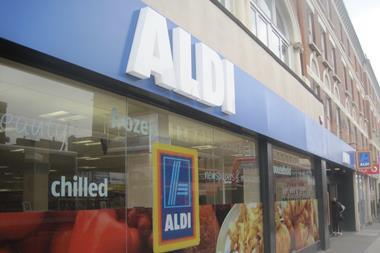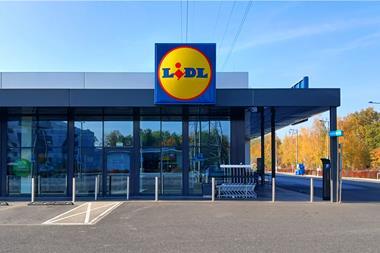Aldi was the fastest-growing supermarket chain in January as overall grocery sales dipped, but the sector remains primed for recovery this year.
Takings at the tills fell 1.1% during the four weeks ending January 28 compared to the same period last year, according to the latest grocery data from Nielsen.
Sales volumes fell 2.7% during the month.
Nielsen said the fall in sales was driven by the timing of New Year “negatively affecting comparative sales” and added that sales values rose 0.3% in the final three weeks of January.
Beers, wines and spirits and frozen were the best-performing categories, growing 2.1% and 1.8% respectively.
Nielsen’s UK head of retailer and business insight Mike Watkins said: “We anticipate the industry to grow around 2% this year, an improvement on 2016, primarily due to the return of cost price inflation after three years of deflation and the depreciation of sterling – yet grocery spend remaining robust despite price rises.
“The discounters will continue to grow faster than this due to the acceleration of new store openings which should push their market share to 13% for the first ever time.”
Grocers’ performance
Aldi grew sales at the quickest rate during the wider 12-week period to January 28, as sales jumped 9.6% year-on-year.
That took its market share to 7.2%.
Discount rival Lidl’s market share hit 4.6% after sales climbed 5.2% compared to the same 12-week period last year.
Morrisons was the only member of the big four not to lose market share, according to the Nielsen data.
Sales at the Bradford-based grocer advanced 1.1% across the 12 weeks to maintain a 10.3% share of the market.
Tesco’s market share dropped despite growing sales 0.6%, while Sainsbury’s and Asda suffered 0.6% and 1.8% declines in sales respectively.
Iceland was again the fastest-growing grocer outside of the German discounters.
The frozen-food specialist posted a sales uplift of 4.1% across the 12 weeks to January 28, inching its market share up to 2.4%.
























No comments yet